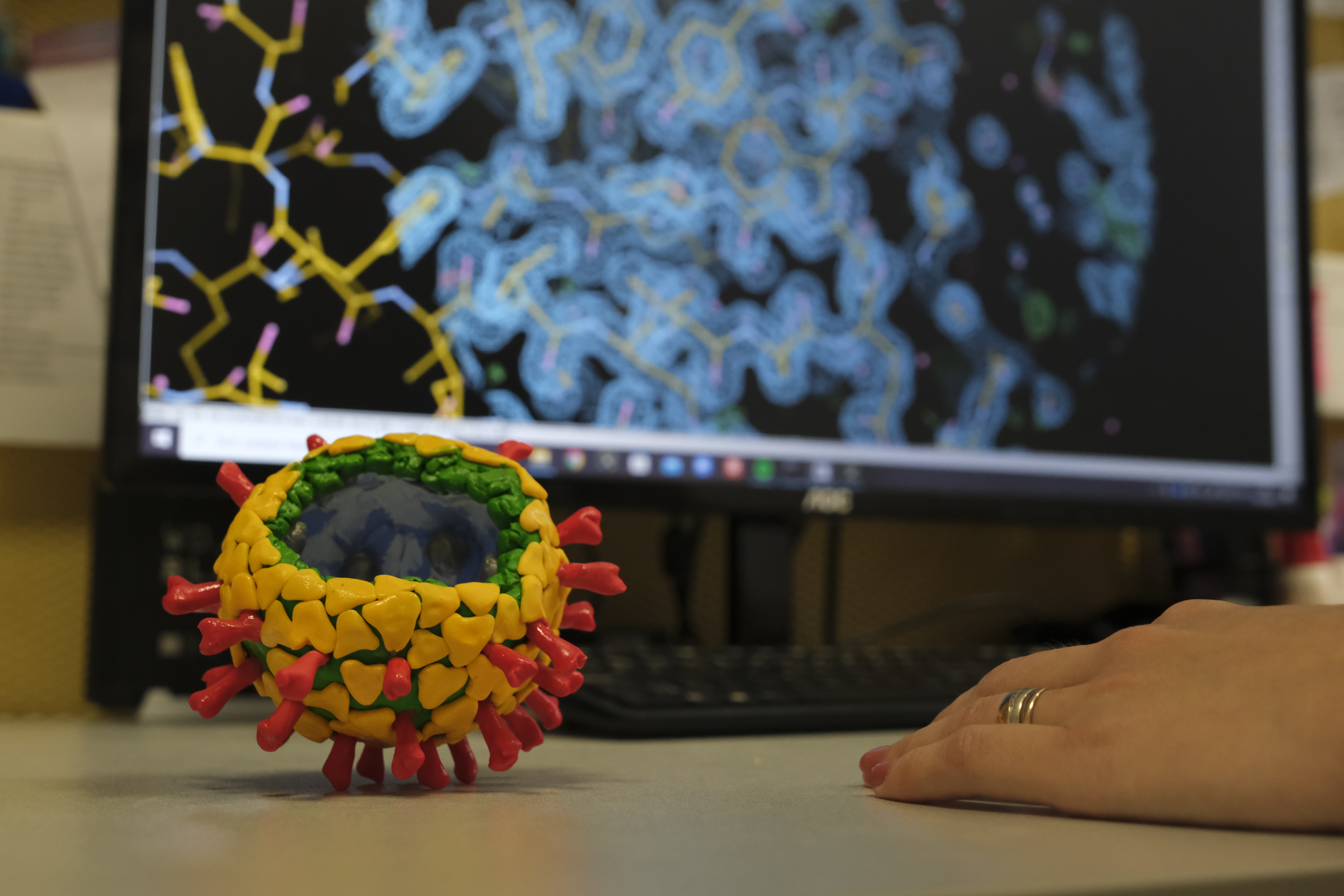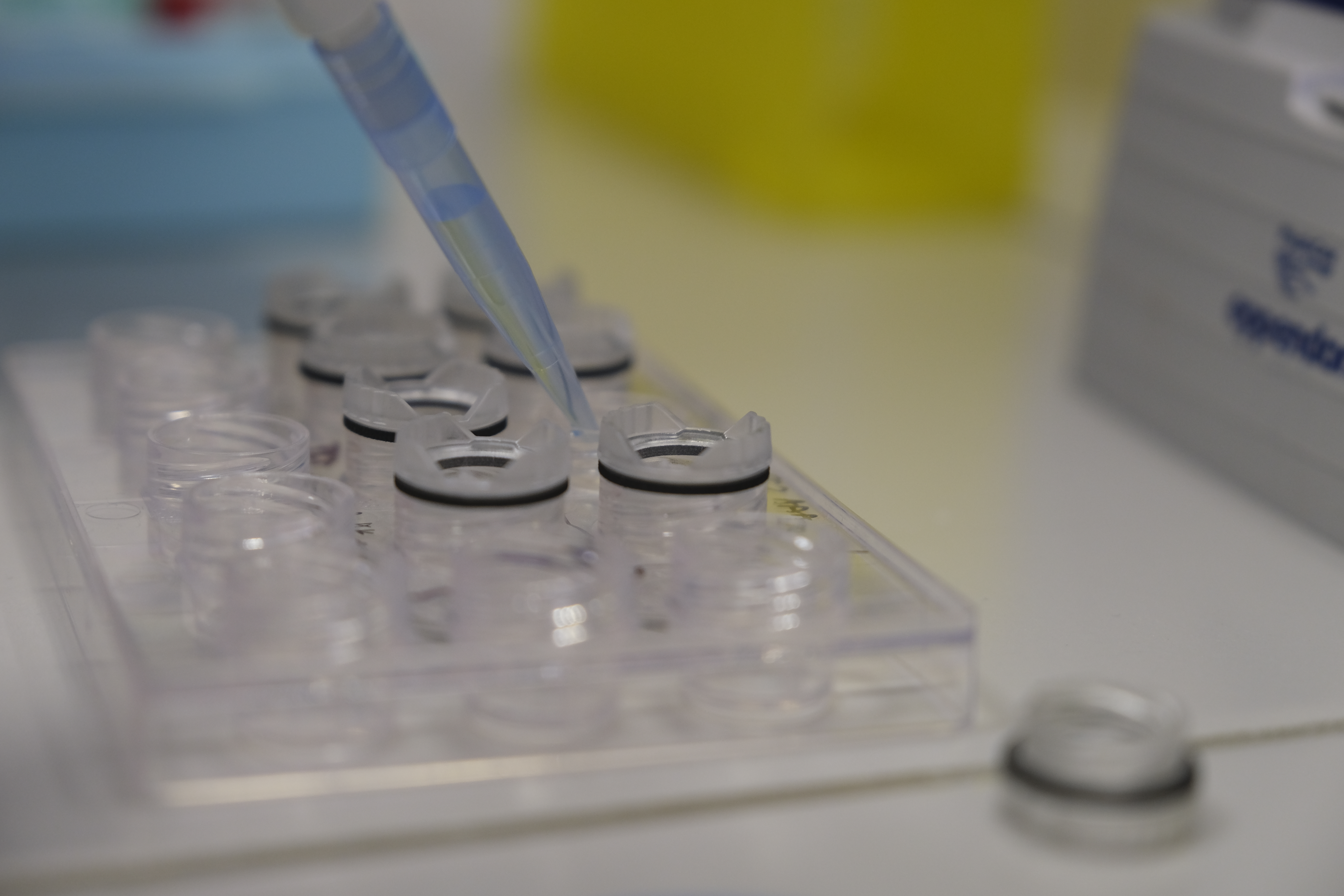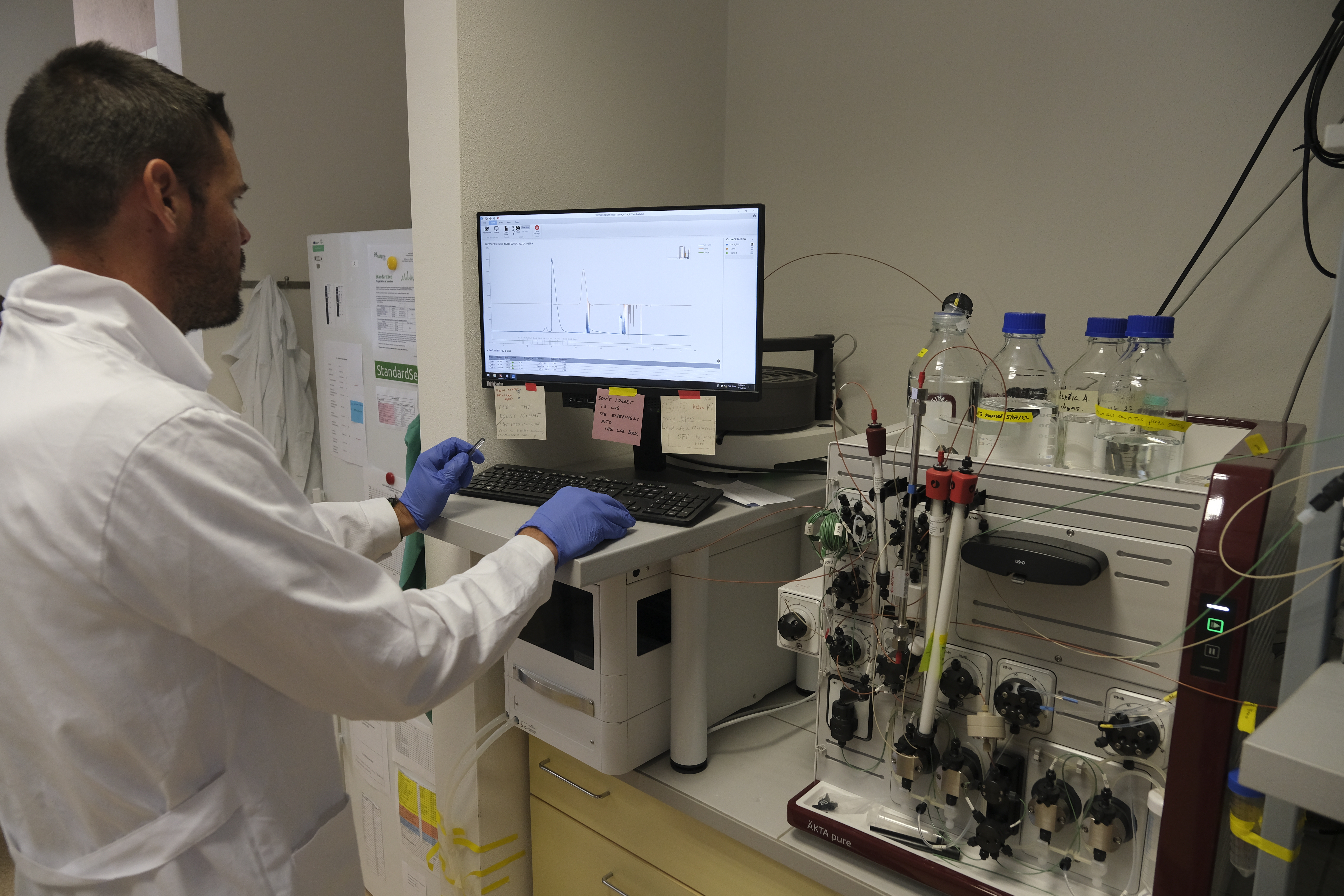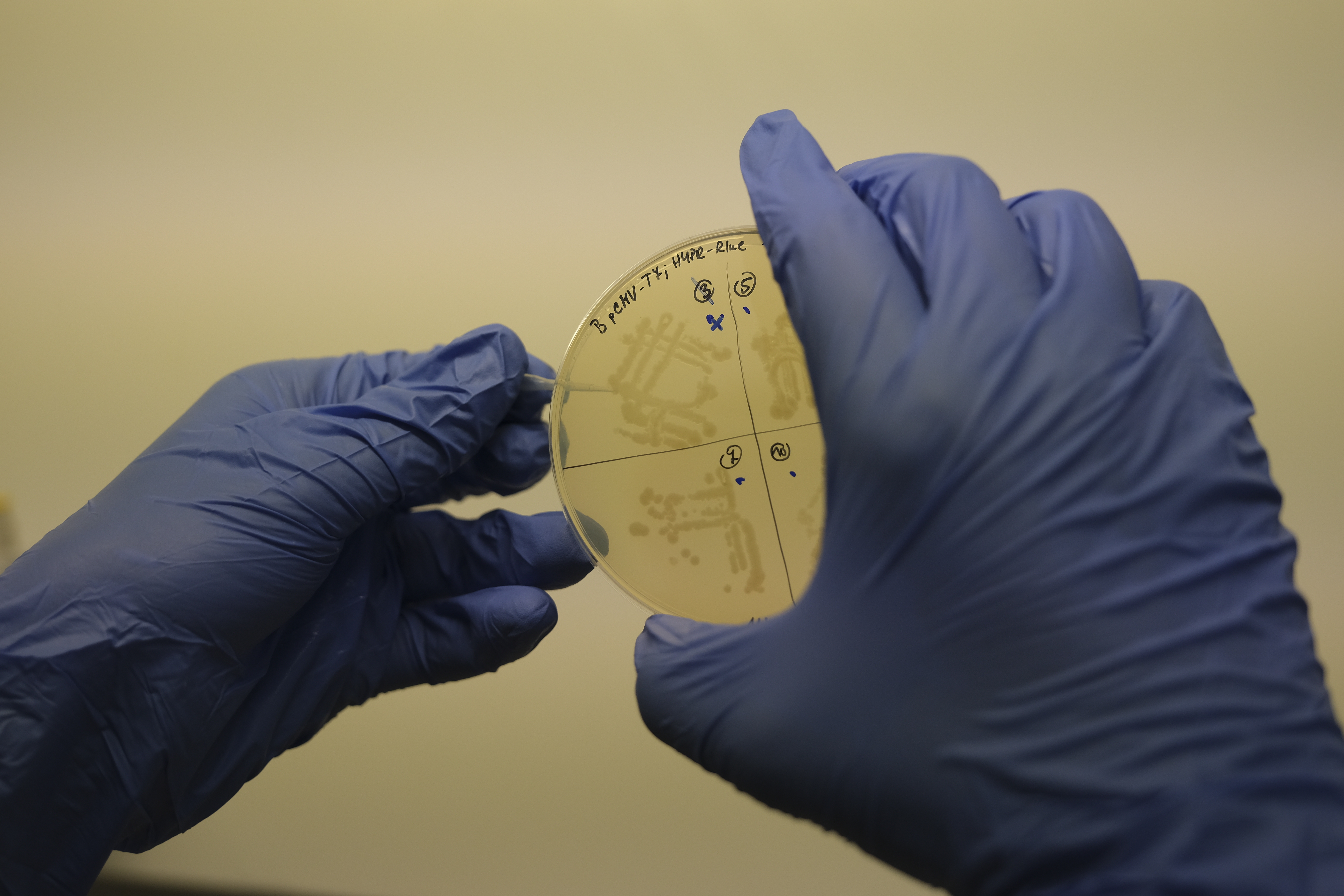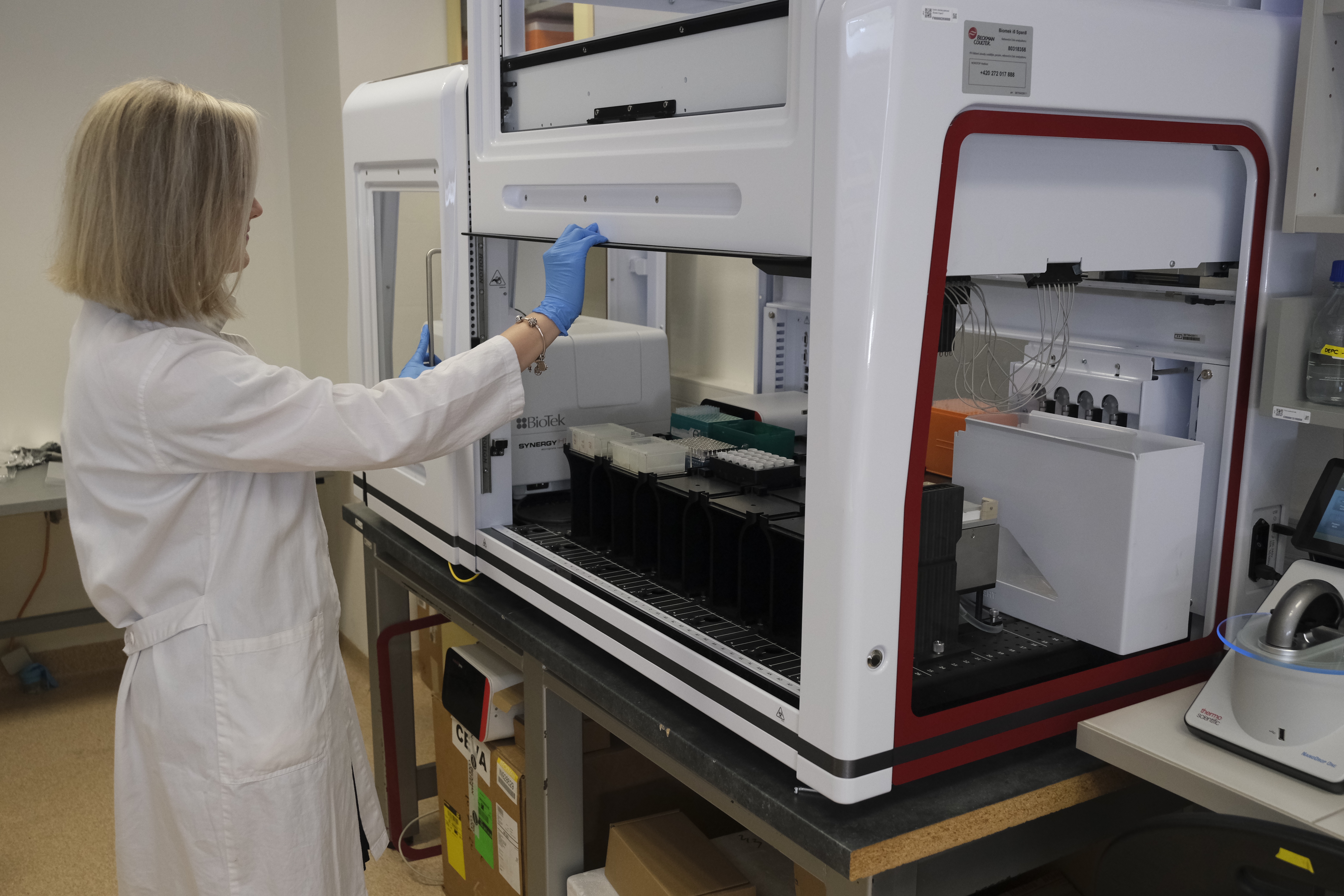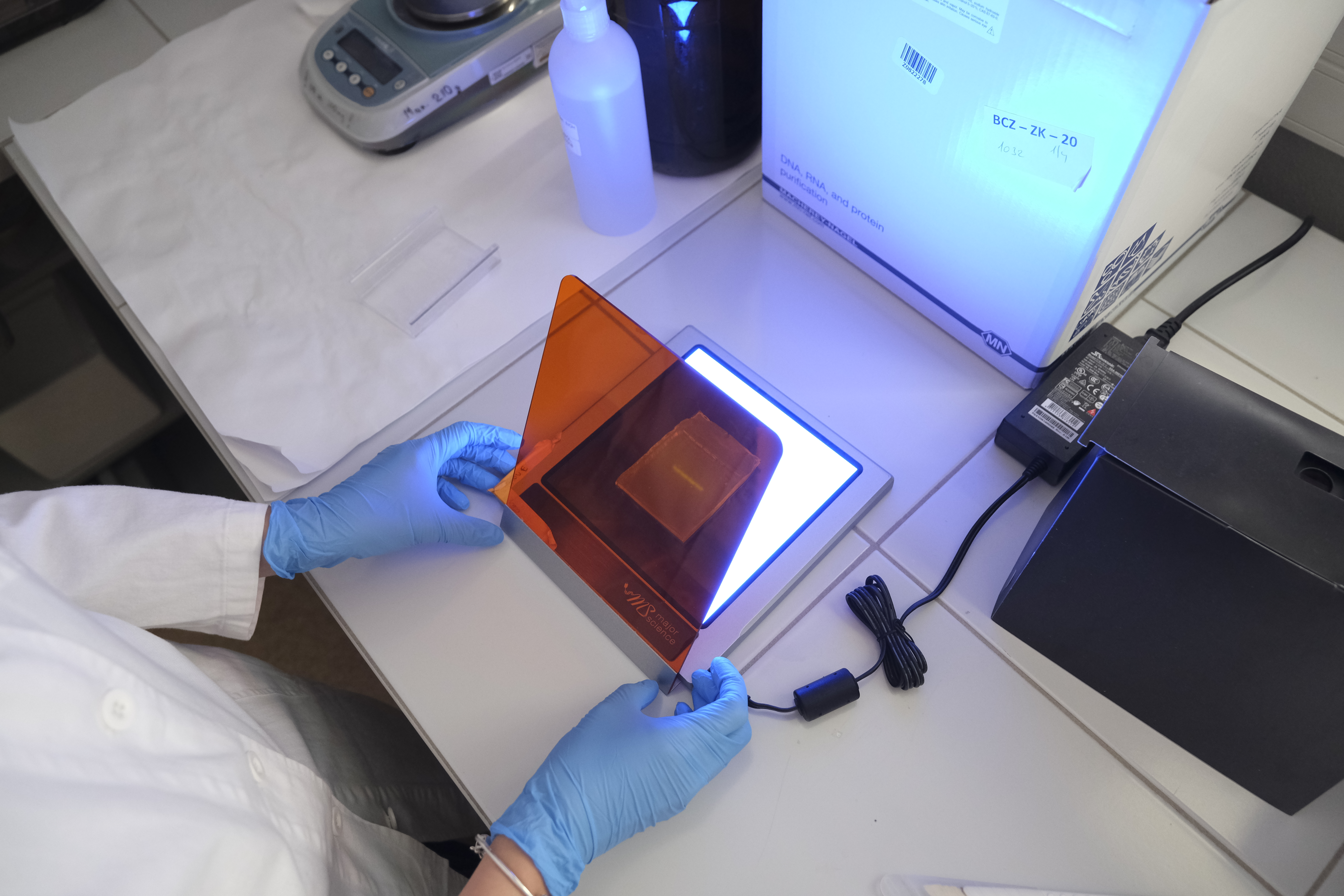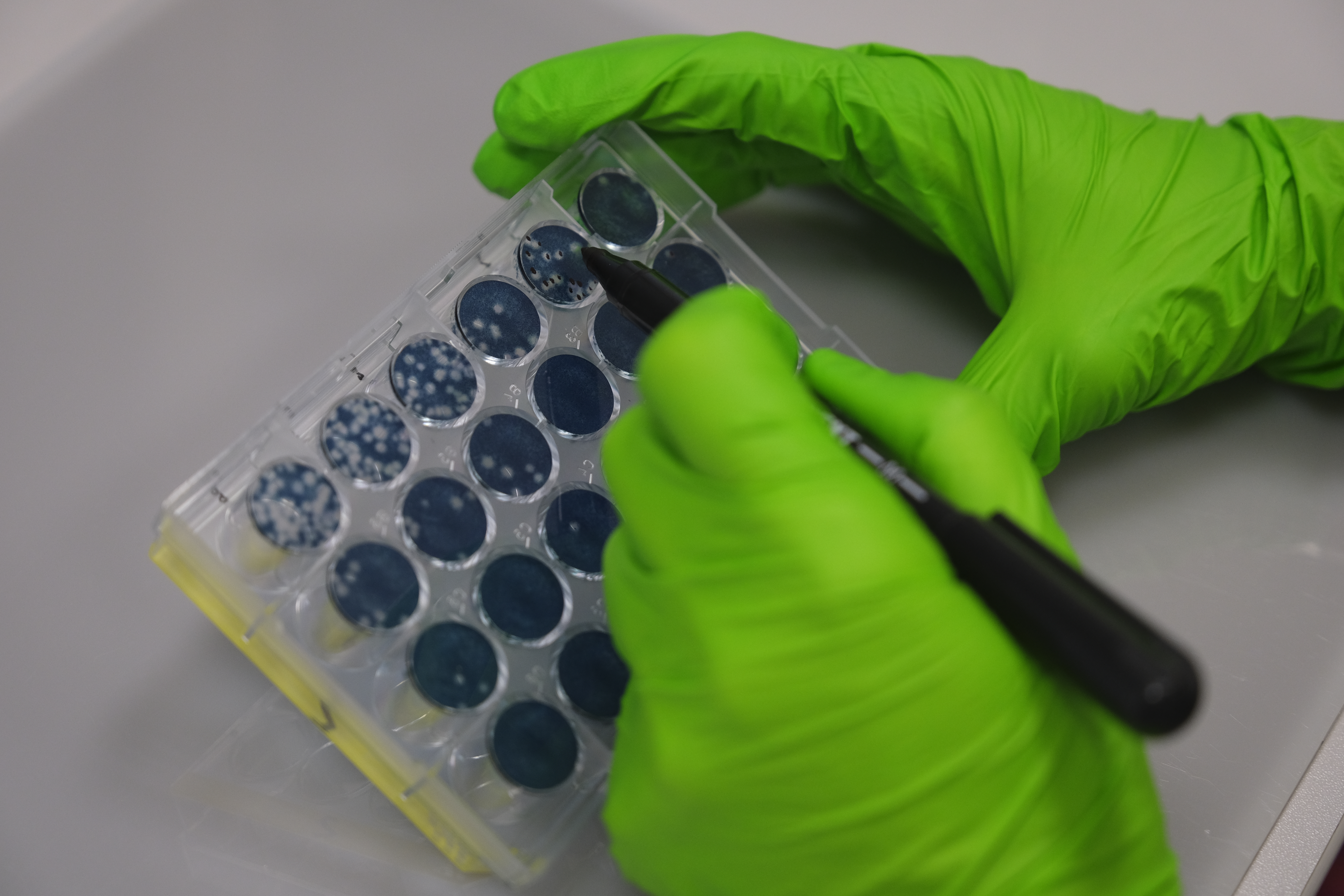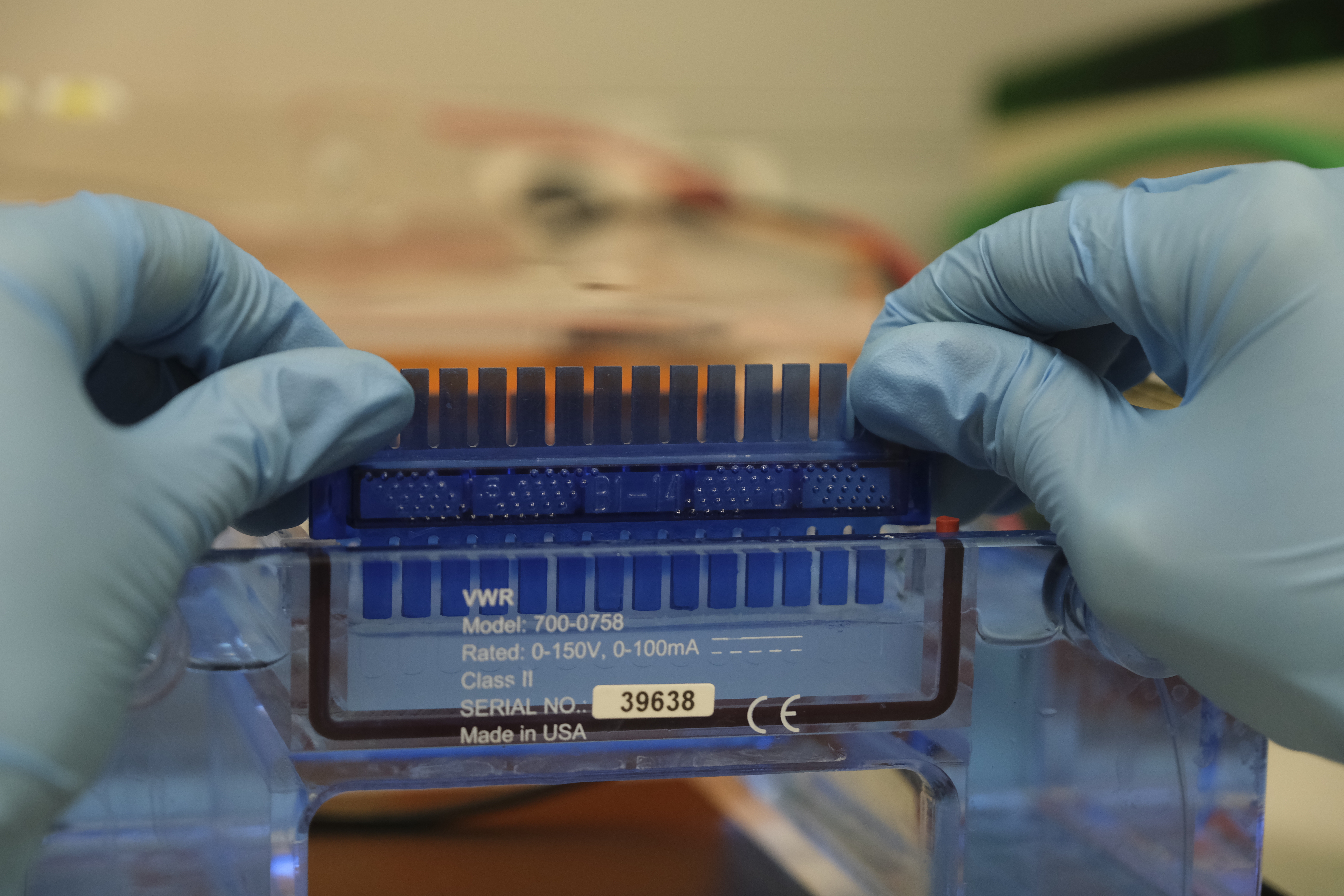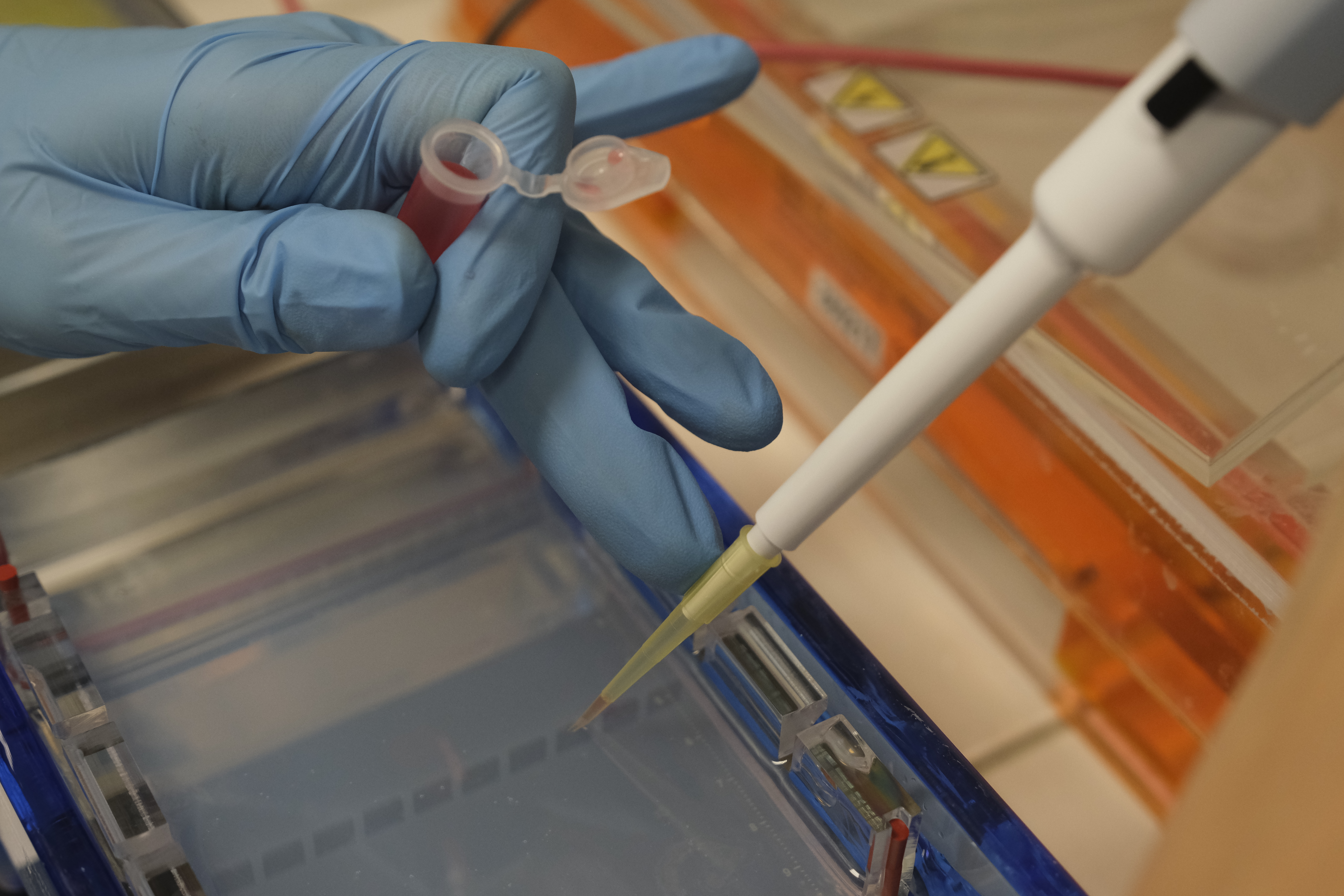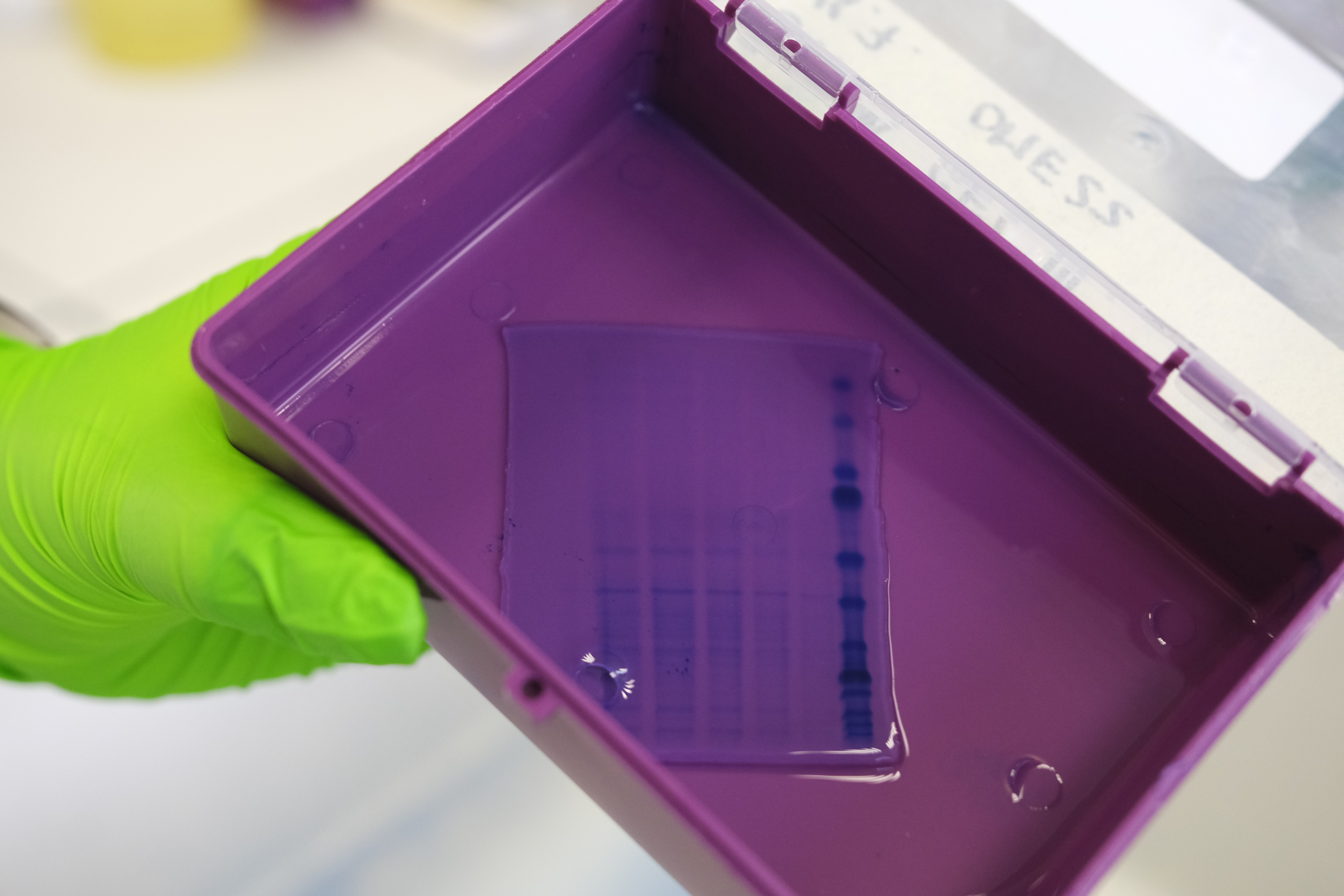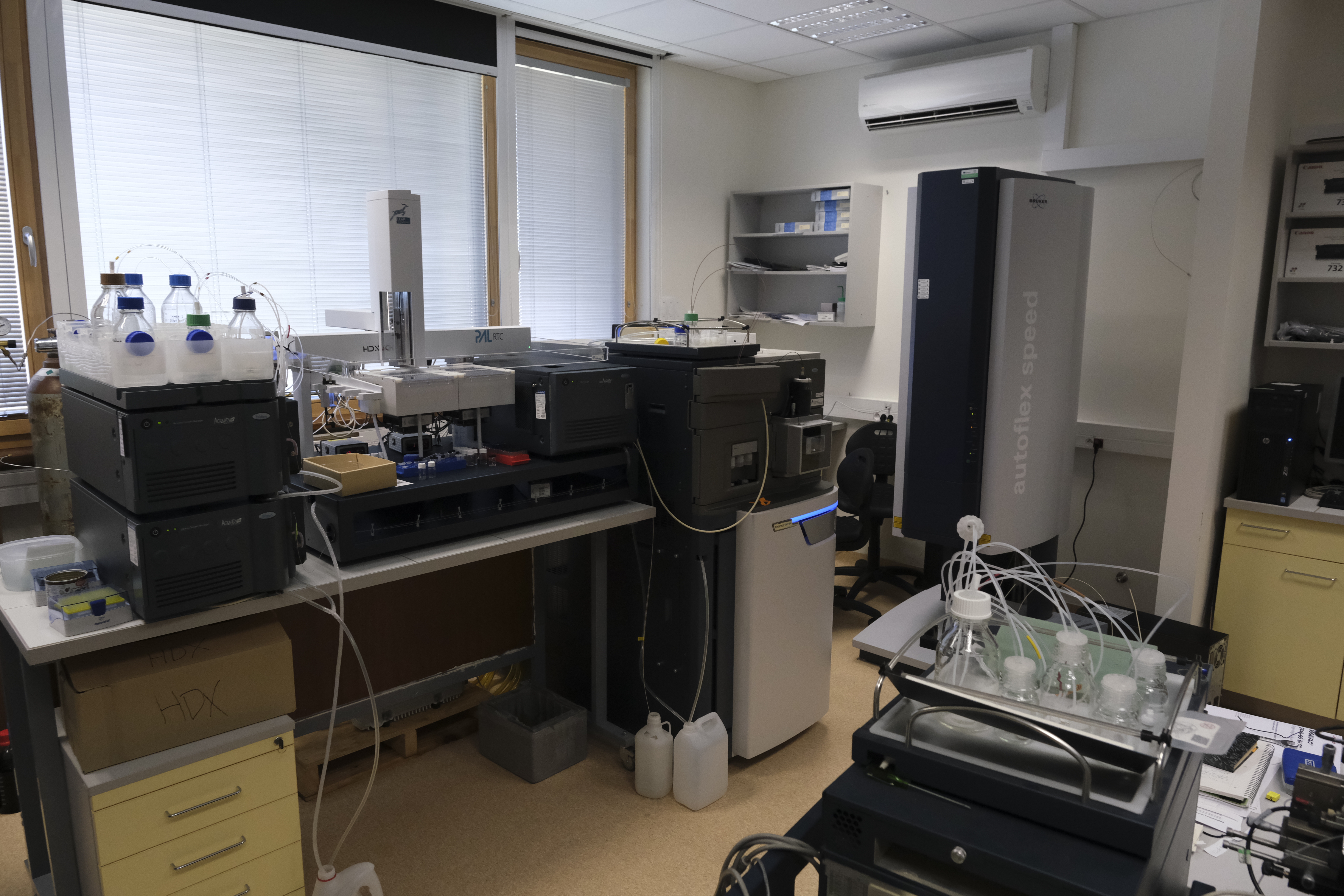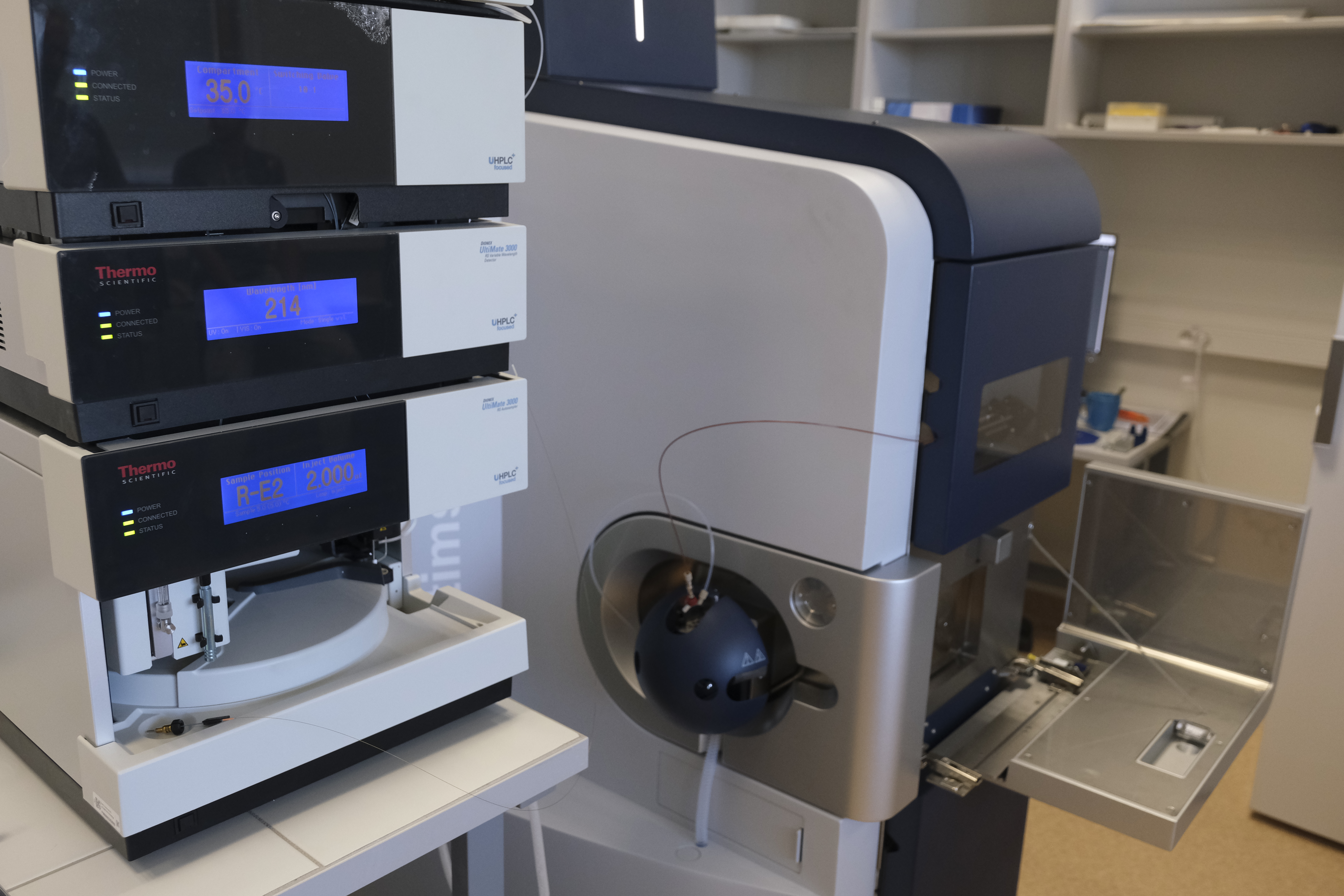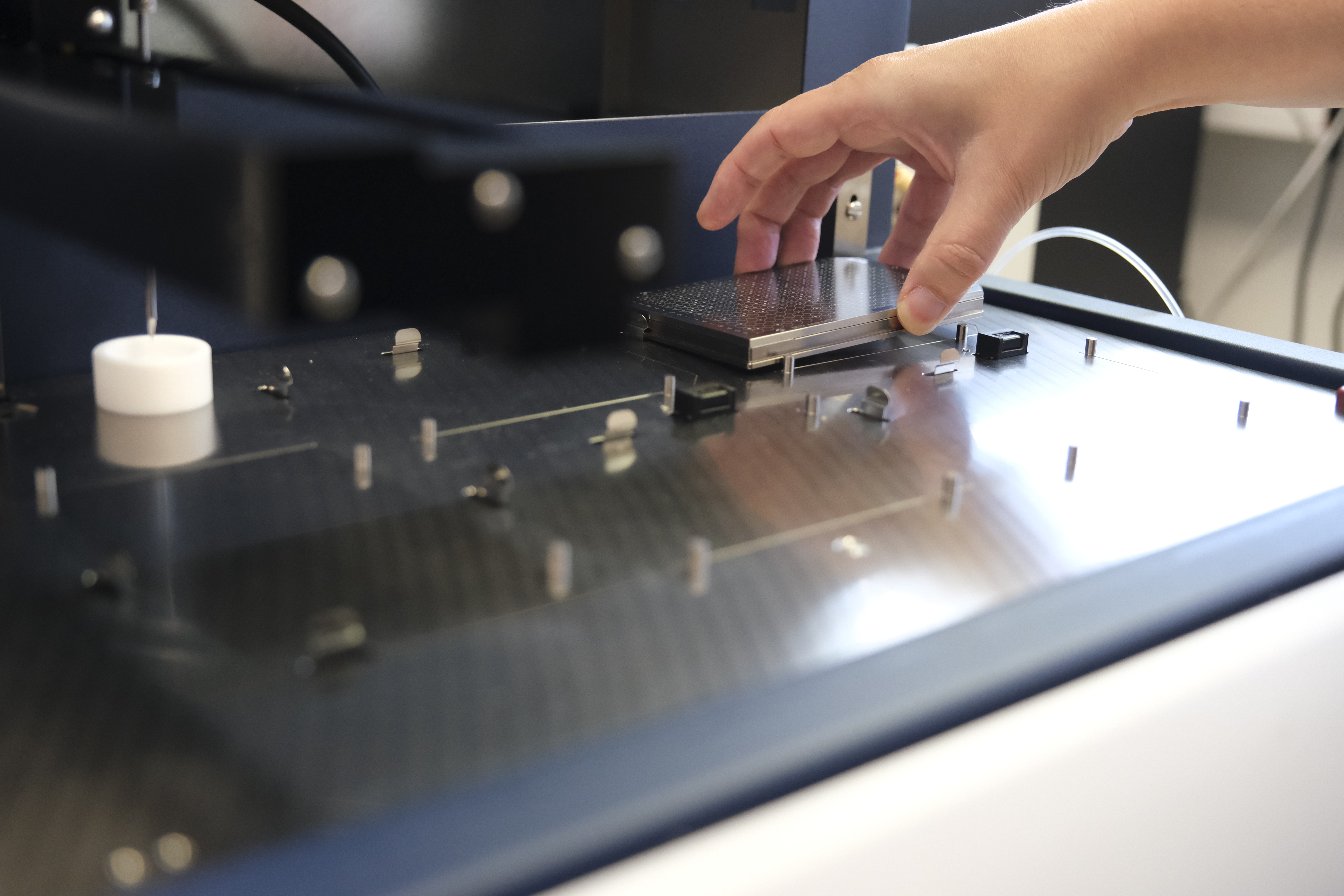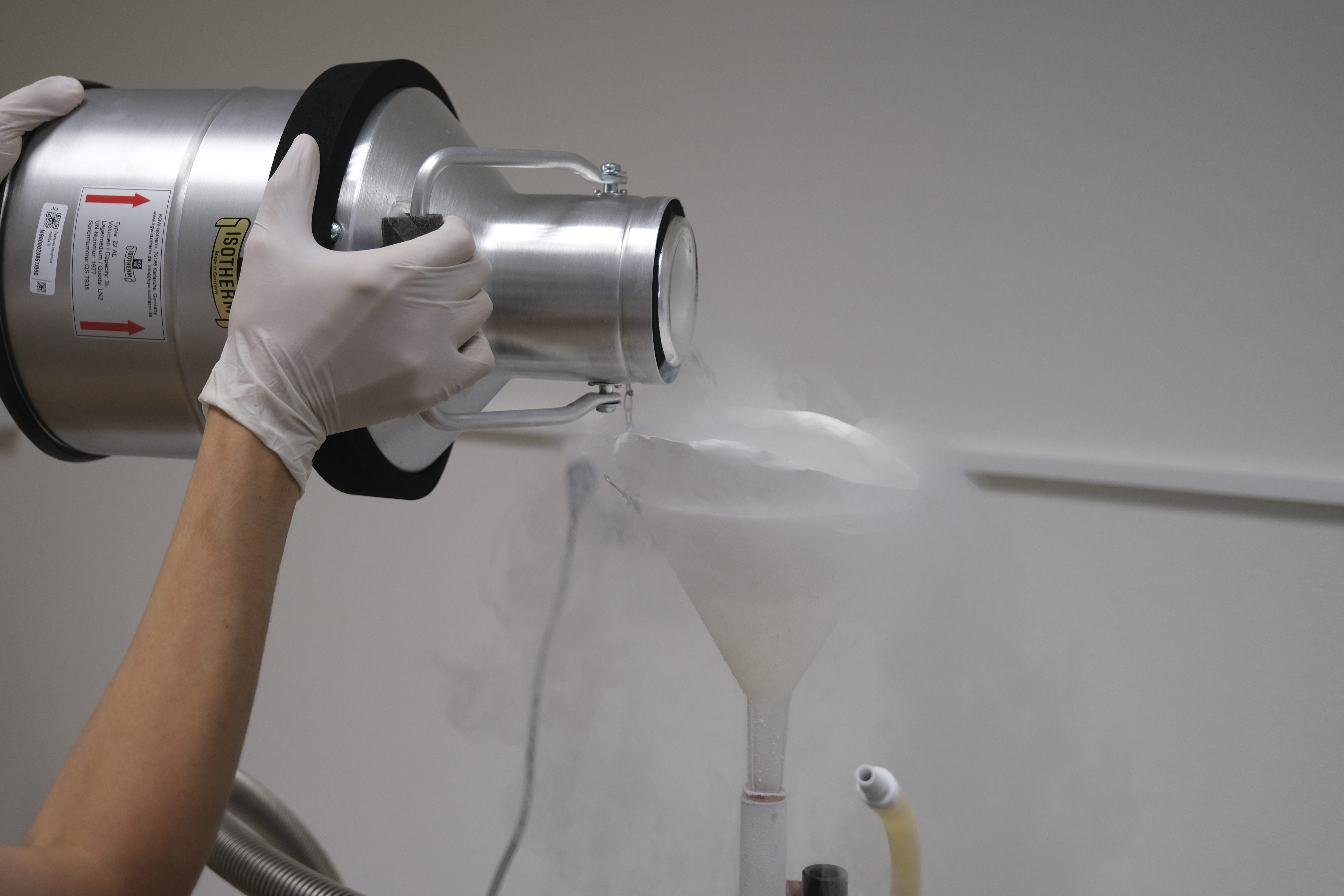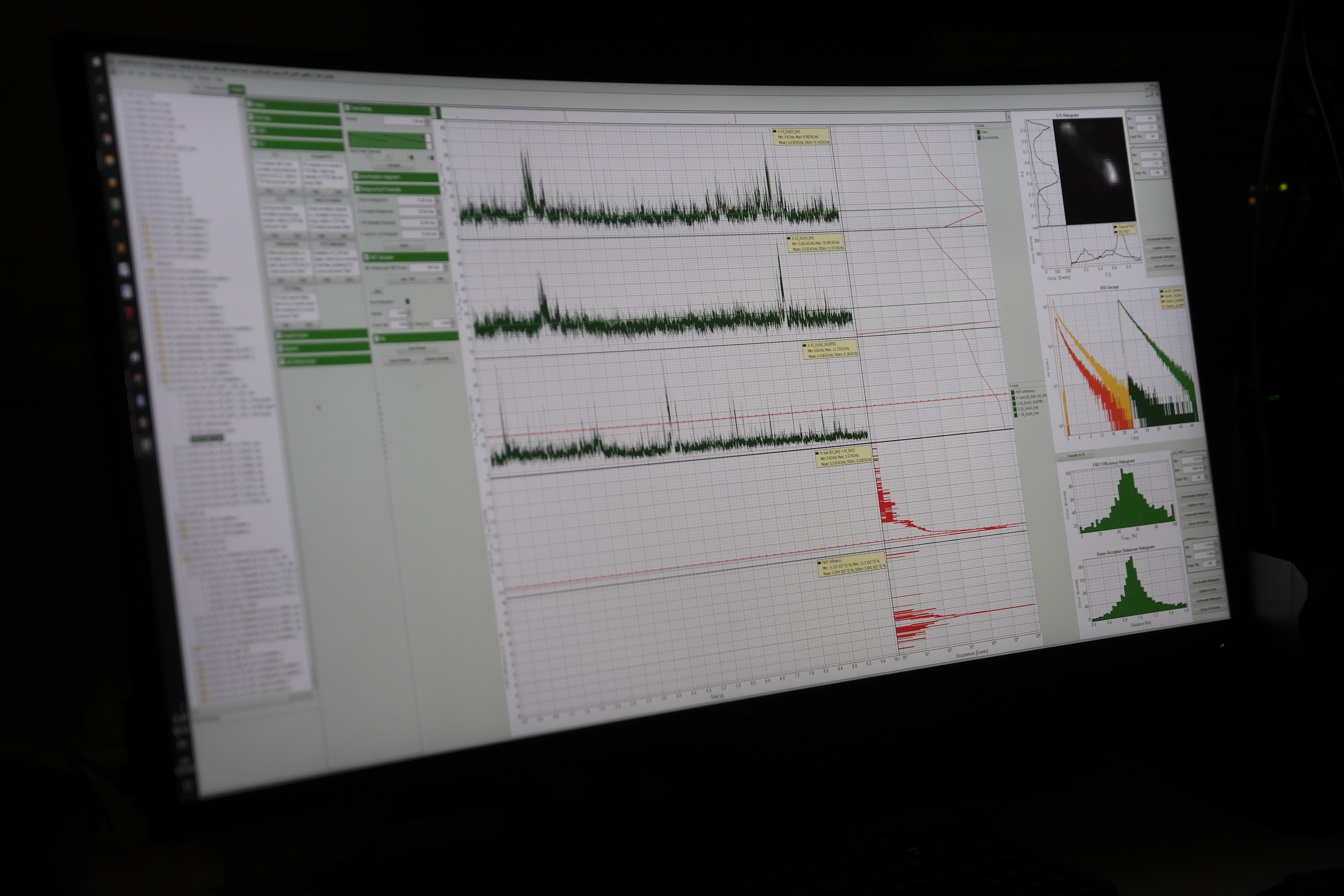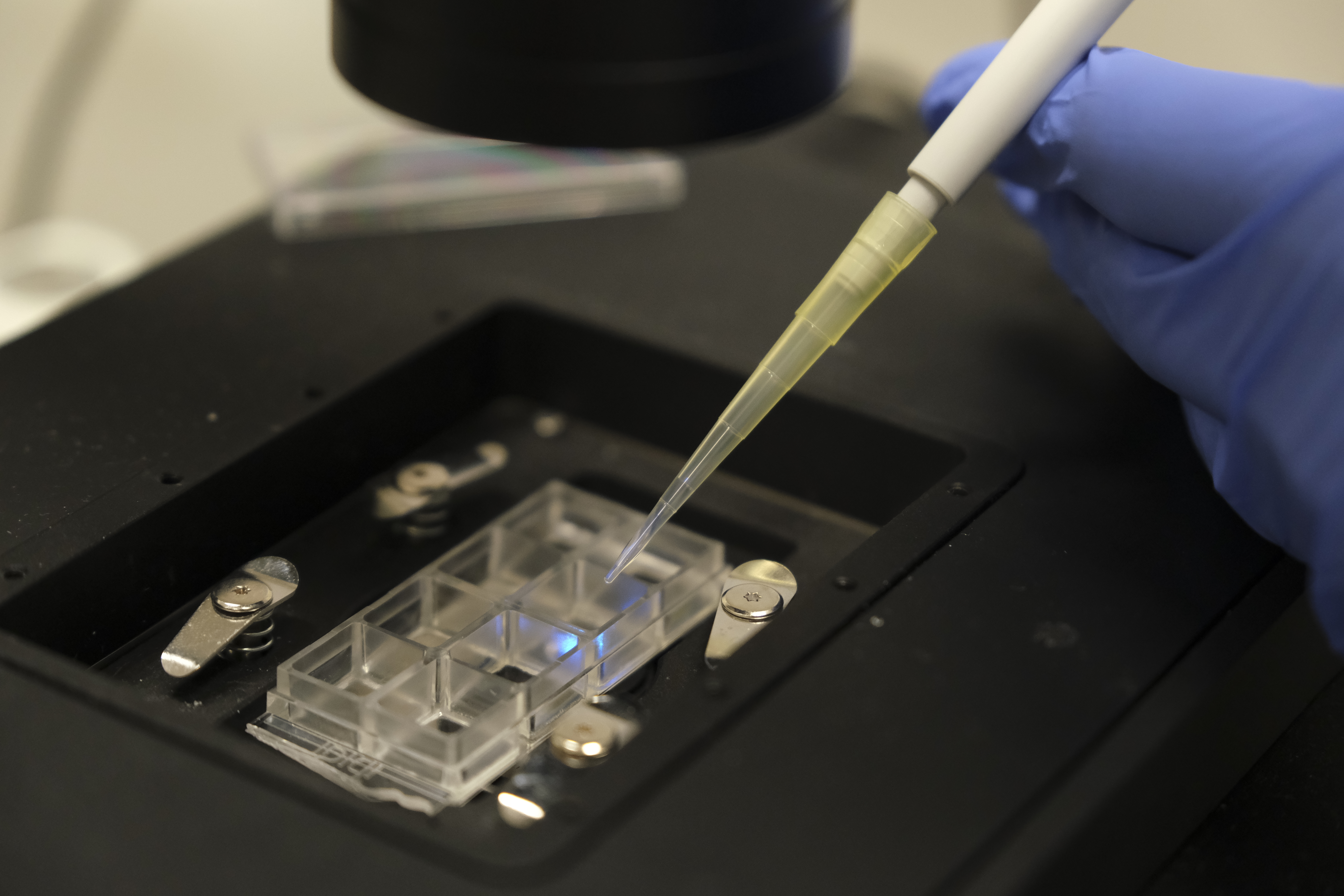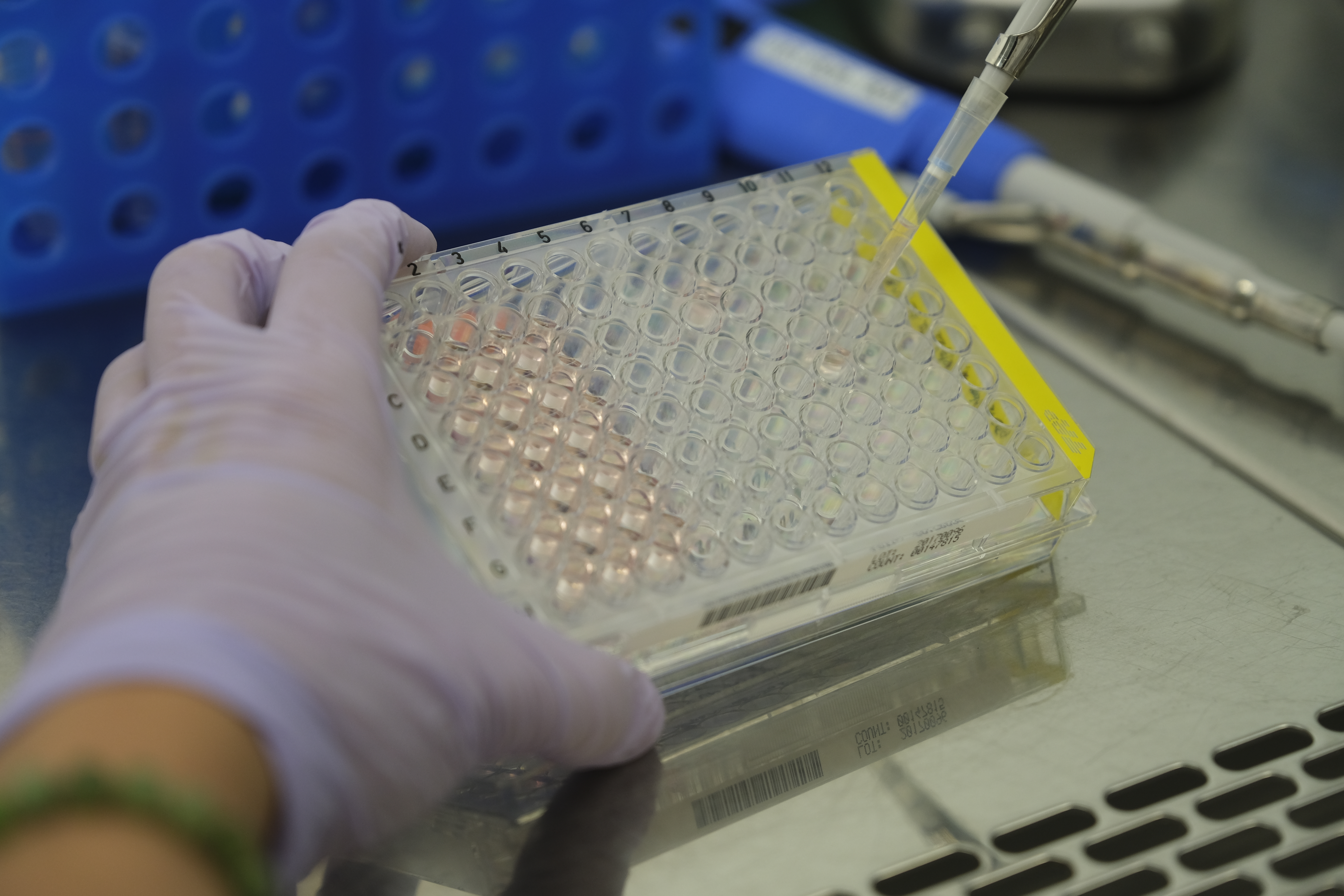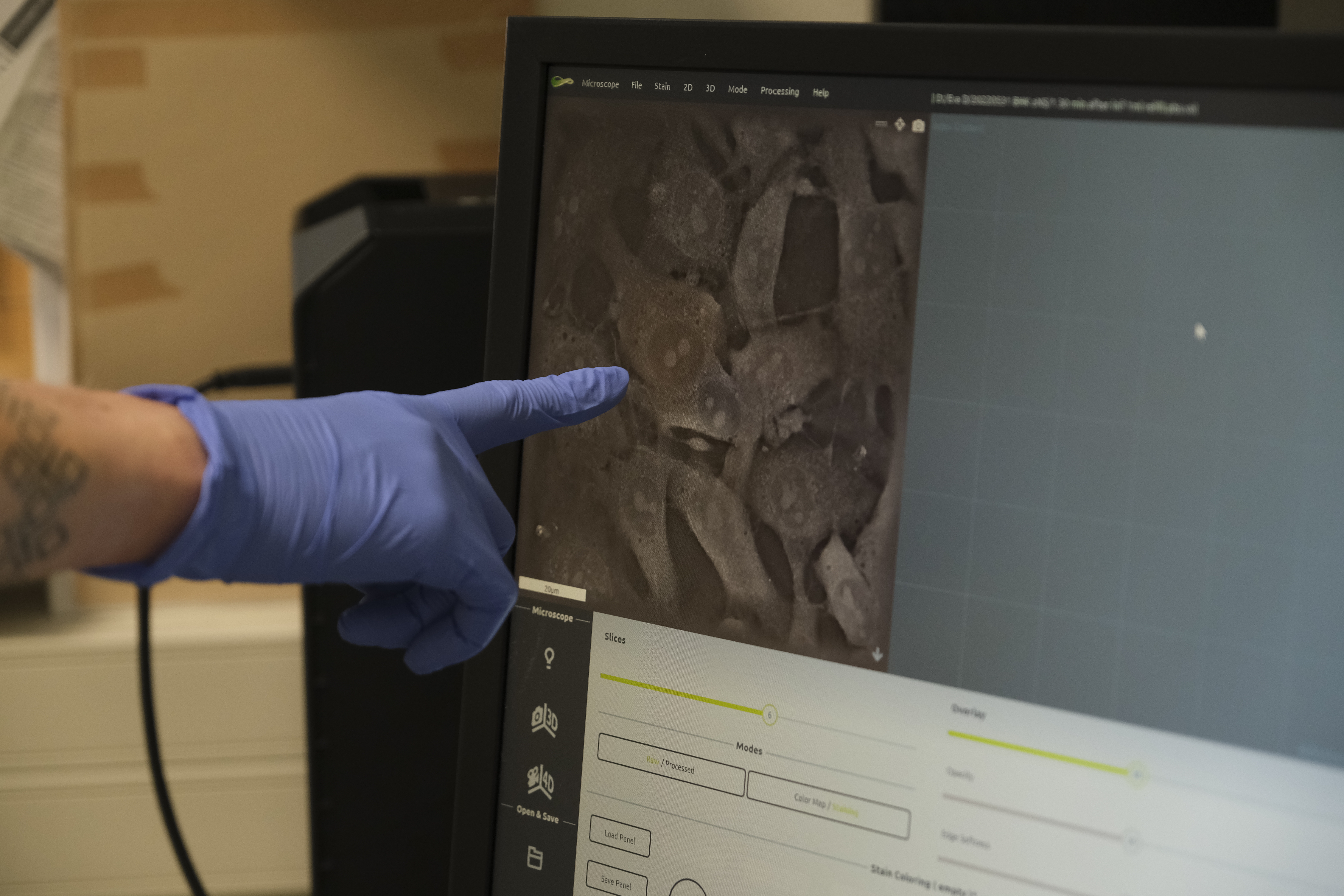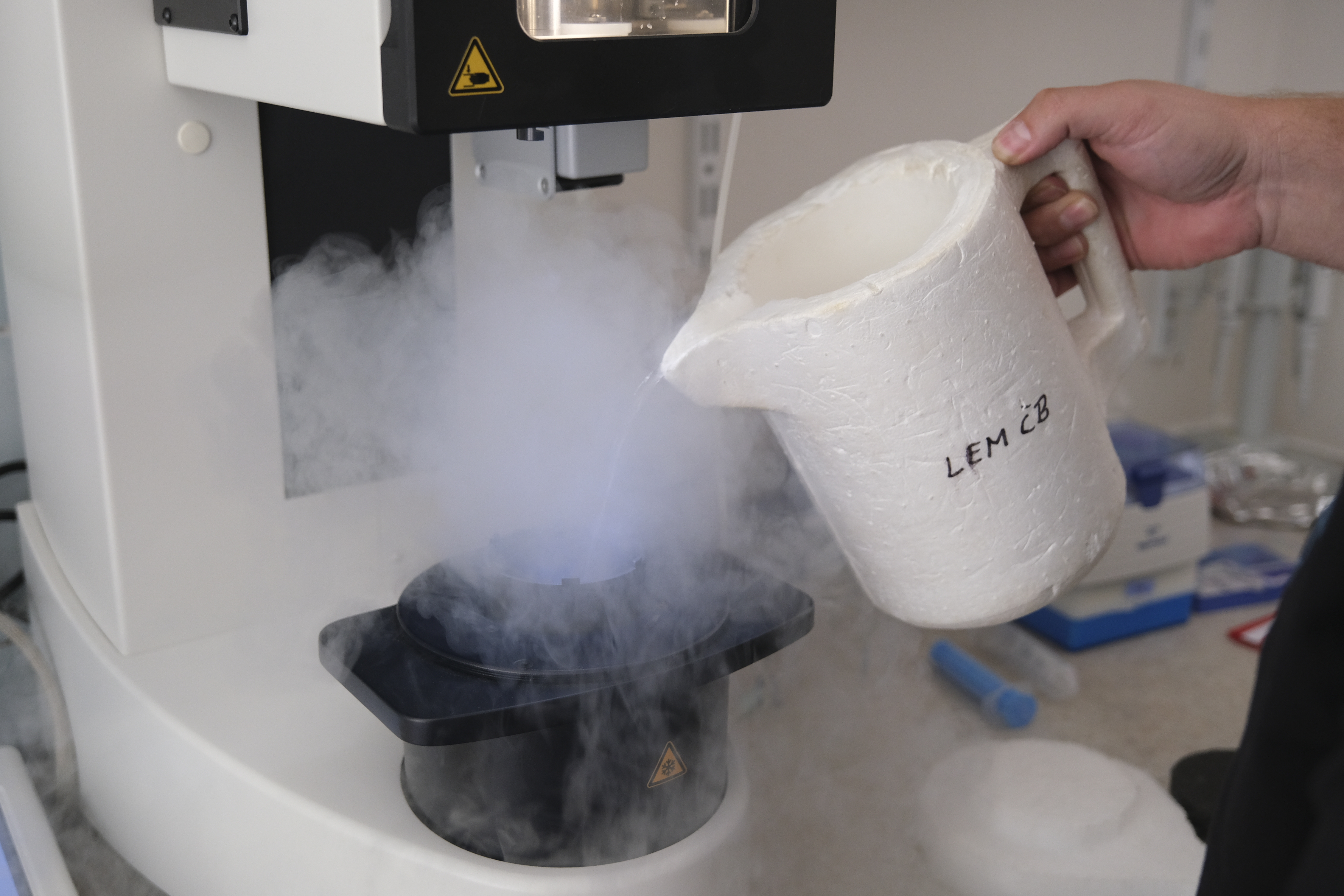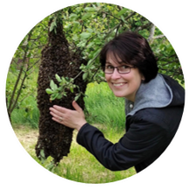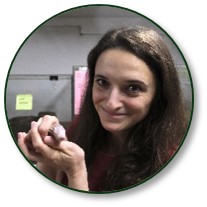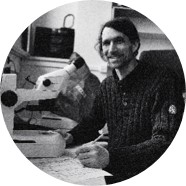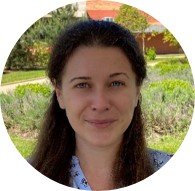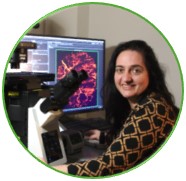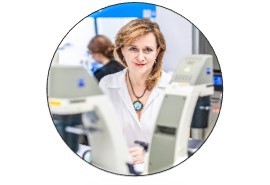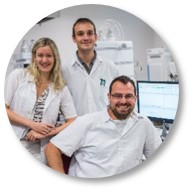prof. Alexander W. Bruce, Ph.D.
is interested in molecular mechanisms that underpin mammalian preimplantation embryo development; specifically the derivation of the first three cell lineages (trophectoderm, primitive endoderm & epiblast) that arise by the time of embryo uterine implantation.
LEARN MORE
prof. RNDr. Josef Komenda, CSc., DSc.
uses a model cyanobacterium Synechocystis to study mechanisms and regulation of the assembly of membrane pigment-protein complexes and their quality control. He particularly focuses on the role of structural subunits and auxiliary protein factors in the process of Photosystem II assembly.
prof. RNDr. Julius Lukeš, CSc.
is interested in functional analysis of mitochondrial proteins of the kinetoplastid Trypanosoma brucei to establish their functions in RNA editing and regulation of stability of mitochondrial transcripts and respiration. He is also interested in the evolution and biodiversity of parasitic kinetoplastid flagellates.
prof. Ing. Miroslav Oborník, Ph.D.
is interested in photosynthetic organelles of unicellular photoautotrophic eukaryotes and complex plastids of apicomplexan parasites that evolved through secondary endosymbiogenesis. He is mainly involved in the search for nuclear-encoded plastid targeted proteins, their in silico localization and phylogeny.
prof. RNDr. Ivo Šauman, Ph.D.
his research revolves around the ways in which organisms synchronize their biorhythms with environmental oscillations. The long-term goal of his research is to learn more about the cellular and molecular mechanisms regulating circadian rhythms.
doc. Mgr. Tomáš Doležal, Ph.D.
is interested in metabolic regulation of energy distribution into different organs during Drosophila melanogaster immune response. He analyzes tissue-specific gene expression, signaling and metabolites throughout the infection and tests the impacts of various genetic manipulations on systemic physiology.
LEARN MORE
prof. Ing. Roman Sobotka, Ph.D.
studies various aspects of oxygenic photosynthesis in cyanobacteria. A long term interest is the mechanistic insight on the biogenesis and photoprotection of photosynthetic apparatus and the chlorophyll biosynthesis pathway. A favorite organism is the model cyanobacterium Synechocystis PCC 6803. The laboratory utilizes a broad spectrum of methods, from genetics and biochemistry, various Omics techniques, in silico calculations to structural methods.
doc. Mgr. Hassan Hashimi, Ph.D.
investigates the evolution of mitochondria, the oldest extant endosymbiont in eukaryotes. He is particularly interested in cristae, the morphological character of mitochondria that literally give the organelle the room to breathe. He works with protists with weird cristae and mitochondria: Trypanosoma brucei and ciliates.
LEARN MORE
RNDr. Drahomíra Faktorová, Ph.D.
is interested mainly in diplonemids, unicellular marine flagellates that were recently found to be one of the most abundant and diverse marine protists. Using diplonemids as a model we investigate functions of the most abundant eukaryotic proteins through a variety of molecular biology techniques and assays.
RNDr. Alena Krejčí, Ph.D.
focuses on both basic and applied research of honey bee resistance to diseases. She investigates how bee thermoregulation, nutrition and apiary management practice influence the development of viral infections and other diseases.
LEARN MORE
RNDr. Petr Nguyen, Ph.D.
combines cytogenetic and genomic approaches to study the role of genome organization and its changes in evolution. He is interested in evolutionary drivers of sex chromosome turnover and a role of neo-sex chromosomes in speciation.
Mgr. Adam Bajgar, Ph.D.
investigates functional versatility of Drosophila macrophages in the context of diverse physiological processes such as regulation of metabolism during infections, metamorphosis and development. His team has recently established several tools for manipulation of macrophages in non-model insect species.
LEARN MORE
RNDr. Radmila Čapková Frydrychová, Ph.D.
is interested in cell senescence caused by shortening of nucleoprotein structures at chromosome ends, the telomeres. She investigates the role of telomerase, an enzyme that adds short repetitive DNA sequences to the chromosome ends, in the regulation of aging in social insects.
Mgr. Hana Sehadová, Ph.D.
is interested in insect neuroanatomy, histology, and microscopy. She studies how living organisms perceive oscillations in external environmental stimuli such as light and temperature that precisely synchronize their internal biological clocks on a daily basis.
LEARN MORE
Mgr. David Doležel, Ph.D.
uses various model and non-model insects to explore important questions of chronobiology and insect physiology. He combines reverse genetics approaches (RNAi, genome editing), omic approaches (genomics, transcriptomics, peptidomics), in vitro techniques (tissue cultures, yeast two-hybrid assay), microsurgical interventions and behavioral experiments.
Mgr. Michaela Fencková, Ph.D.
focuses on genetic and molecular control of neural development and cognition in health and disease. Using Drosophila as a model, she studies genes that are important for cognitive function and investigates how a single genetic defect can result in dramatic and severe neurodevelopmental disorders, such as intellectual disability or autism. LEARN MORE
Mgr. Martin Kolísko, Ph.D.
employs comparative genomics and transcriptomics to understand the evolution of parasitism. Specifically, he seeks to understand the evolutionary mechanisms of the transition from a free-living organism to a parasitic mode of life and, conversely, from a parasitic mode of life back to a free-living mode of life.
RNDr. Petr Kopáček, CSc.
focuses on molecular descriptions of proteins that are key for the successful blood-feeding of ticks (mainly Ixodes ricinus) and the red poultry mite (Dermanyssus gallinae), or play a role in the acquisition & transmission of tick-borne pathogens.
Ing. Petr Novák, Ph.D.
is interested in repetitive DNA sequences and their impact on genome organization and evolution and development of novel bioinformatics approaches for de novo identification and characterization of repetitive elements from genomic shotgun sequencing data obtained by next-generation technologies.
doc. RNDr. Alena Panicucci Zíková, Ph.D.
is interested in medically important parasitic African trypanosomes. She focuses particularly on signals and molecular mechanisms driving metabolic remodeling and ultrastructural changes of mitochondria associated with complex parasitic life cycles involving mammalian hosts and insect vectors.
LEARN MORE
prof. RNDr. Michal Žurovec, CSc.
focuses on insect cell growth regulators. He particularly studies adenosine signalling and regulation of energetic homeostasis in insect cells. Besides that, he is interested in targeted mutagenesis and characterisation of silk proteins.
Mgr. Iva Mozgová, Ph.D.
is interested in epigenetic mechanisms underlying plant responses to environmental conditions. Her research focuses on the histone-modifying Polycomb repressive complexes (PRCs), the evolutionarily conserved protein complexes, that control seed-to-seedling transition in flowering plants
RNDr. Zdeněk Paris, Ph.D.
investigates various aspects of RNA biology of the protozoan parasite Trypanosoma brucei and related flagellates with a long term goal of identifying unique mechanisms of their RNA metabolism. He is mainly interested in processes such as tRNA modifications, nuclear tRNA export and role of the only intron containing tRNA in trypanosomes.
Mgr. Lenka Gahurová, Ph.D.
uses various sequencing and imaging approaches to study evolutionary history and molecular (especially epigenetic) mechanisms of long-term female fertility at the levels of oocytes, ovarian niche, and successful embryonic development in short-lived and long-lived non-model rodents.
LEARN MORE
Mgr. Aleš Horák, Ph.D.
deals with various aspects of evolutionary biology of protists and characterization of diversity, ecological role and metabolic potential of those unicellular eukaryotes; that represent majority of Earth’s biodiversity but cannot be kept in permanent cultures, using the power of the next-generation sequencing and bioinformatics.
prof. RNDr. Marek Jindra, CSc.
is interested in the receptor of juvenile hormone (JH), which regulates multiple aspects of insect development, reproduction, and physiology. His goal is to harness the juvenile hormone receptor to study the molecular action of JH in insect biology and identify novel compounds for safe and selective pest control.
Ing. Martin Moos, Ph.D.
and his team are developing novel bioanalytical approaches and apply them into metabolite research of insects and other important living organims. Unique analytical platforms developed by the team cover the analysis of a comprehensive set of metabolites, from small molecules derived from organic and amino acids, amines, over nucleosides, nucleotides, lipids, steroids, sugars or their conjugates to peptide sequencing.
LEARN MORE
Mgr. Anzhelika Butenko, Ph.D.
studies evolution of gene repertoire in Euglenozoa, a group of unicellular eukaryotes that includes Trypanosoma and Leishmania pathogens. She investigates genetic changes that underlie lifestyle switches and the genes that define ecological success of these organisms. using omics data and cutting-edge bioinformatics methods.
LEARN MORE
MSc. Galina Prokopchuk, Ph.D.
is interested in exploring the behavior of microorganisms, with a particular focus on marine diplonemids. Her research focuses on understanding different aspects such as ecology, ultrastructure, movement, predator-prey dynamics and molecular biology of various marine protists. She also investigates the roles of different protist proteins, particularly those whose functions remain unknown.
LEARN MORE
RNDr. Martin Volf, Ph.D.
is interested in the evolution of plant-herbivore interactions, particularly from the perspective of plant chemical defences. One of his main topics is exploring how different environmental pressures contribute towards the astonishing diversity of specialized metabolites among plant species.
LEARN MORE
RNDr. Pável Matos-Maraví, Ph.D.
is interested in phylogenomics and population genomics of tropical insects (mainly butterflies). His aim is to understand the evolutionary drivers of speciation and biogeographical assemblages. His research team uses ecological and species traits datasets, which are coupled with whole-genome resequencing data and bioinformatics.



